(ECNS)-- On April 1, the 23rd China-EU Summit was held via video-link, about two years since last dialogue at such a high level between the two sides. Thus, the two sides are believed to be working together for the stable development of bilateral relations, which have suffered frequent headwinds over the past year. The positive sign is also of great significance to the turbulent and complex world amid profound changes.
However, in face of more variables like Russia-Ukraine conflict, will we face a new "defining moment" in China-EU relations? How can bilateral relations be taken back to normal. Will the future China-West relations be dominated by cooperation or confrontation? How will the global economy and geopolitical realities change in the future?
Joerg Wuttke, president of EU Chamber of Commerce in China and Prof. Wang Yiwei, Dean of EU Research Center at Renmin University of China, Jean Monnet Chair Professor, were invited to the latest W.E. Talk to discuss with Pang Wuji, journalist and director of macro-economics report of China News Service.
Mr. Wuttke said that investment in China by EU countries cannot be replaced by any other country and suggested China better understand the needs of Europe. Prof. Wang also urged both China and the EU break away from the American binary narratives and develop bilateral relations on their own while opposing "decoupling" and a "new Cold War".
Here's an excerpt of the dialogue:
China is the market of the future
Pang Wuji: Ever since the outbreak of the Covid-19 pandemic, the majority of the international flights in and out of China has been disrupted. How did this affect China-EU economic and trade relations?
Joerg Wuttke: In fact, (most) European enterprises actually did quite well in China. So operations are ongoing; our staff can handle production; we can sell to our customers; many of these items end up in Europe. So there was really no hiccup. In contrast, actually, business was growing quite strongly in the manufacturing area. But (due to the pandemic), tourism is down, flights are down and the service sector is in total disaster.
But of course, having no top executives coming in and having no partners going to Europe means that future investment might be delayed or even shelves.
Overall, this non-traveling of our people, means there will be less understanding of Chinese in Europe as well as Europe here in China. And that is not very good. Communication is needed and it cannot always been done online.
Pang Wuji: Now China and the EU are mutually important trading partners. Where do you see the resilience and potential for future China-EU cooperation?
Joerg Wuttke: Trade has been very intense between Europe and China. It does show that European customers really like Chinese products. Europeans have been buying 1.3 billion euros of goods from China a day, showing the quality and also the competitiveness of Chinese products. But the trade flow is very unbalanced in a way because at the same time, Europe was only selling 600 million euros a day into China.
The resilience comes from the huge demand of European customers and that’s not going to go away. And the resilience comes from the fact that China apparently designs and produces stuff, which actually is easier to sell. The resilience also is in the Chinese market. It has been a marvel how despite all these Omicron and Covid challenges in global supply chains. Still, shipment did well and that goes on. Clearly, China is the market of the future and we will have more investment here. So there's a long way to go and lots of potential, as a businessman I must say.
Wang Yiwei: We have long said goodbye to the old model where China was responsible for production while the western markets like the U.S. and EU for consumption. China has been stimulating domestic demands, establishing a "dual circulation" pattern in which domestic economic cycle leads and international cycle supplements and stepping up from the middle-low end to the middle-high end of the global industrial chain and is bound to release profound consumption potential.
Affected by the Russia-Ukraine conflict and sanctions, the EU is itching for a bigger market to boost its confidence. Otherwise, when the war continues, more investments meant for Europe would switch to the U.S. Europe has to accommodate refugees and there were also some violations of market principles toward the resilience, security, independence, decentralization and diversity of the supply chain as it claims. All these will undermine the European economy.
The Europe wants to engage with China
Pang Wuji: After the Russia-Ukraine conflict broke out, it is said that the world would again fall into the Cold-War mire of two-side confrontation and there would be a "defining moment" in China-EU relations. What's your take on this?
Wang Yiwei: I don't think it reflects the whole picture. The reason for the possible "defining moment" lies in the U.S side, a main instigator of the Russia-Ukraine confrontation in an attempt to overturn the post-war international order. This is the major challenge for both China and the EU.
The power of China and the EU have the most certainties in the world. China has a very clear political system and development prospects. Our great rejuvenation is irreversible. The EU is a normative force built on the rule of law. In the face of profound changes unseen in a century, China-EU cooperation is crucial. If Europe follows the United States, derails, and follows a so-called "new Cold War" mindset, then the world will be more dangerous.
We cannot fall into the binary narrative of democracy and autocracy. Going back to the indivisible security principle written in the Helsinki Accords signed in 1975. We ought to have a lot of common ground between China and the EU.
Joerg Wuttke: The world has completely changed. It's not even "Cold War" anymore. It's a "Hot War" at the border of the European Union. Its spills-over has a huge impact on our society Germany has decided to increase its military budget and we have basically imposed the most severe sanctions ever on Russia, which bites the Russian economy big time. But also it's gonna hurt our own societies and economy.
Again, we want to engage with China. We want to remain there as a good partner. In China, it's always looking at this (Russia-Ukraine issues) through the American glasses. I think there has to be a little bit of a shift of seeing what it does to us and how we see this as Europeans.
Will the future China-West relations be dominated by cooperation or confrontation?
Pang Wuji: What do you think will be the theme of future China-West relations? Confrontation or Cooperation?
Wang Yiwei: First of all, the West is not a close-knit unity since the U.S and the EU are different. The U.S. has issued its Indo-Pacific Strategy and even an Indo-Pacific version of NATO because the rise of China is challenging the U.S. national identity of the "Chosen Ones".
Things are different in Europe. Europeans don't see themselves in terms of any idea of God. They uphold both Greek rationality and the Roman spirit of the law, and it is now a force for peace. Now some Europeans are leaning more toward the U.S. because of Russophobia but in fact EU founding members like Germany and France are not always going to follow the herds emotionally because they also realize that Russia and China have completely different systems and cultures.
Now China and Europe should jump out of the American binary thinking by labeling countries as either "democracies" or "autocracies". We should develop our bilateral ties independently rather than simply draw parallels between China and Russia.
Joerg Wuttke: So what can go on forward? I guess we have to also, maybe locate good topics where we can cooperate. Climate change comes to mind as we are fighting this all together. We both face the challenge in China as well as in Europe of deferring our climate change goals because of the high energy cost and the insecurity of energy supplies. And I think that’s a topic where we should agree on and act fast.
Pang Wuji: So with the Covid, with the geopolitical issues altogether for European companies, will they adjust their investment and development strategies in China?
Joerg Wuttke: We always indicate "the more the better", meaning investment, meaning sales. And we should not actually get lost in the analysis just looking at Omicron next quarter or this year. I think we really in business look into the long term development.
The study that we did with the World Bank last September indicates that China has three roots of the development. All of these three roots until 2050 (the next three decades) indicate that China will have a strong growth pattern. But in all our assessments, investment in China cannot be replaced by any other country.
There will be some strategic assessment on vital areas like pharmaceuticals, precursors or medical equipment, but the bottom line is that European companies are in China, work in China, with China. They will invest more. There's no doubt about it.
Globalization back to the U.S. dominance? A big question mark
Pang Wuji: How will the global economic and geopolitical order change, from a historical perspective?
Wang Yiwei: The international system has been greatly undermined by the U.S. since WWII. Now the U.S. is planning to formulate a new system of globalization with Indo-Pacific affairs a key focus. However, it is still hard to say whether globalization can return to American dominance.
The current U.S. sanctions against Russia use the dollar as a weapon but it backfires by accelerating the dedollarization settlement in Russia, China, Middle Eastern countries and even Europe. I believe that the world will not fall into the "new Cold War" pattern of confrontation between China and the United States. However, there are worries that the world may become more scattered, disorderly and chaotic.
In recent years the influence of Europe has been declining in the world arena but rising in China's internal and external affairs. At the beginning of the 40 years of Reform and Opening-up, we first learned from the American models and saw the disorderly expansion of private capital. Now China wants to achieve common prosperity. It needs to learn more from the Rhine model, the social market economy, etc.
Sino-Europe cooperation has a good foundation from both historical and cultural perspectives. Both sides are relatively secularized. In the development of digital economy and governance, different from the private-capital-oriented model in the U.S., China and Europe actually share a lot in common, even in values.








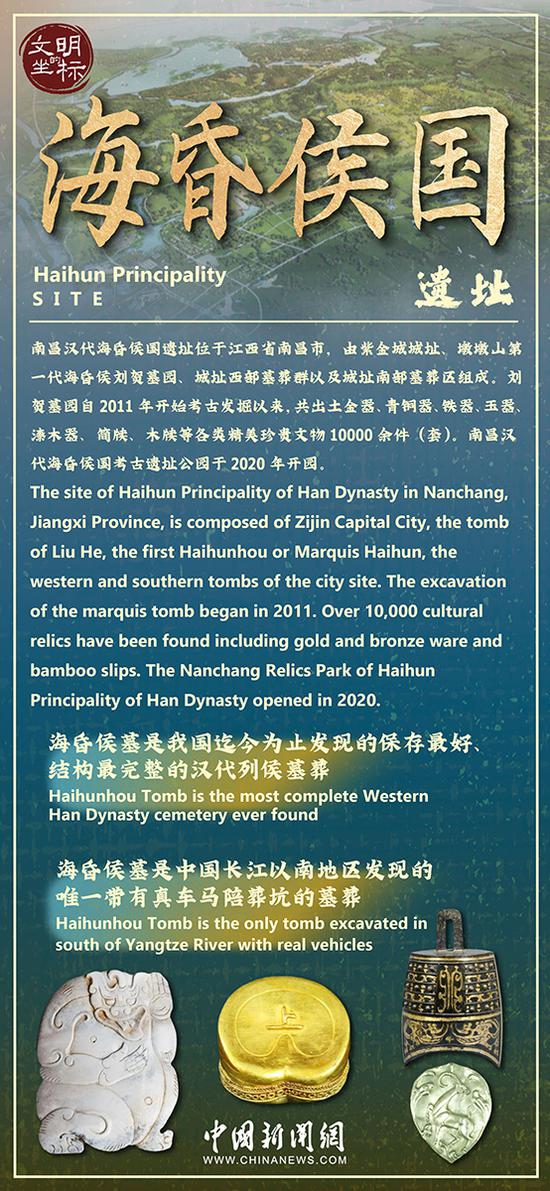
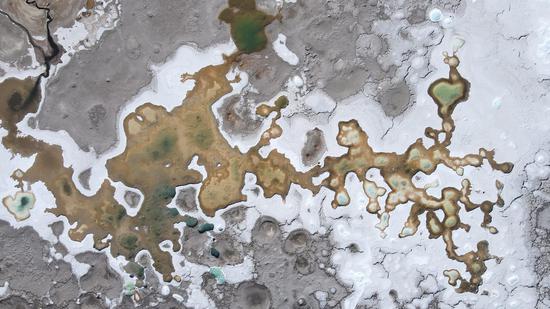

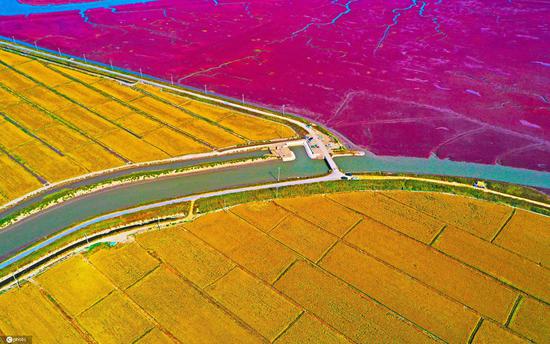
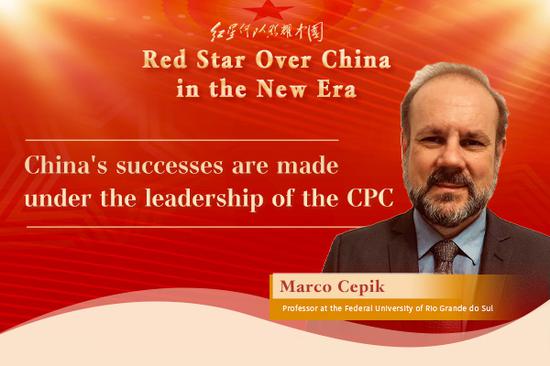
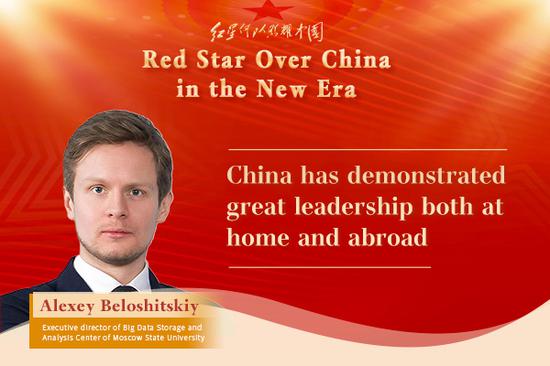
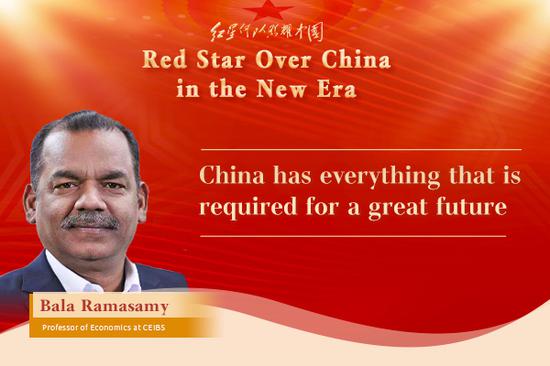
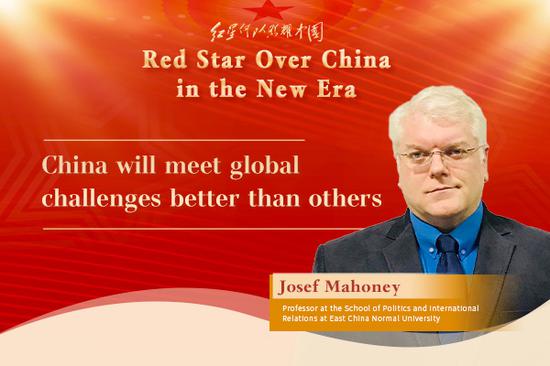
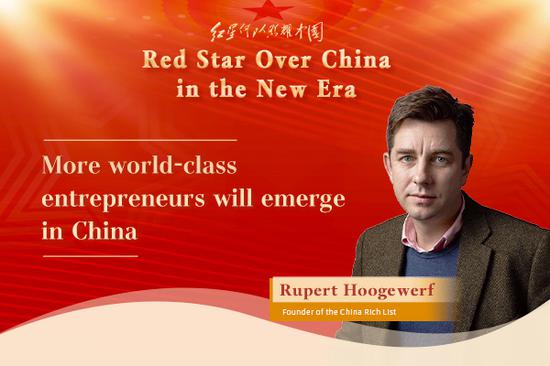
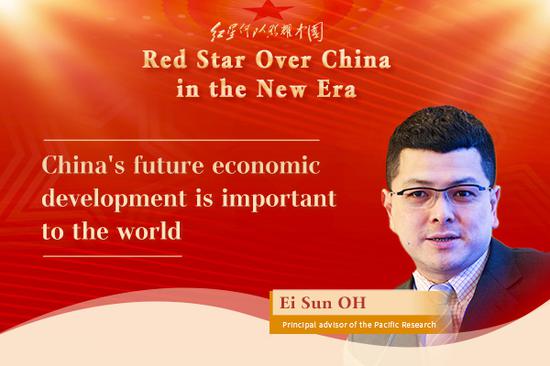
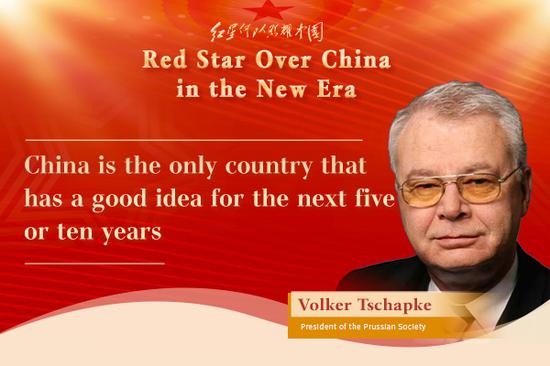
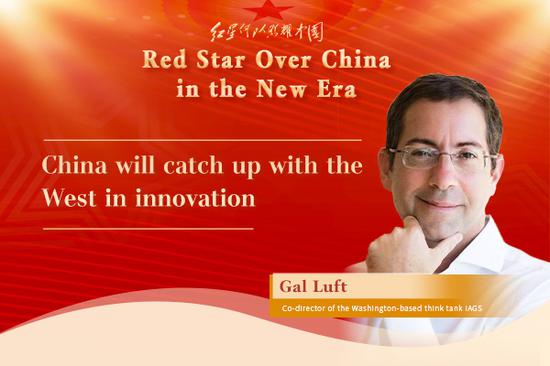

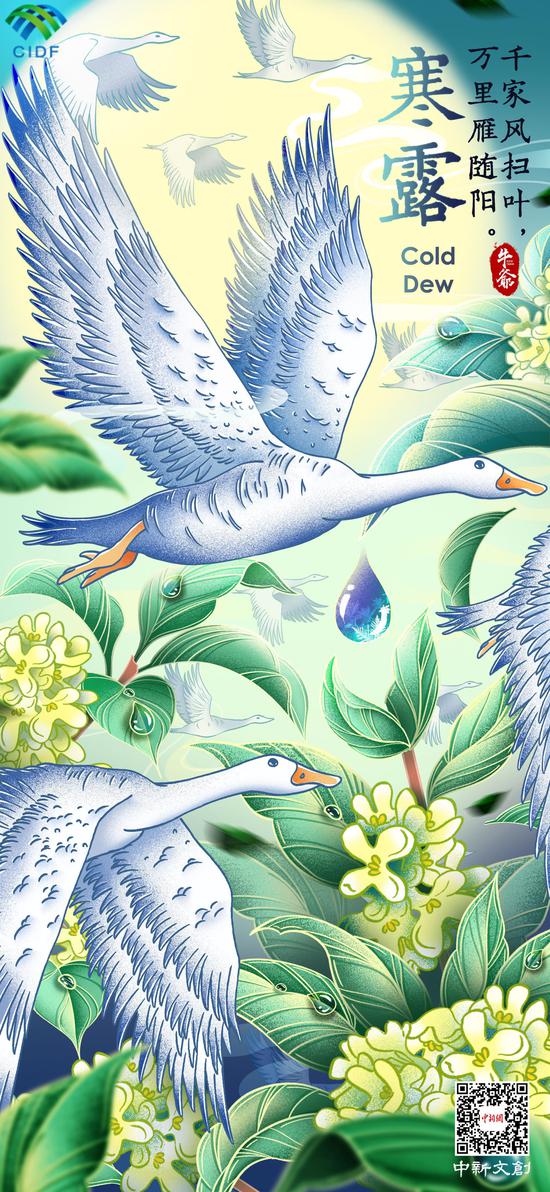
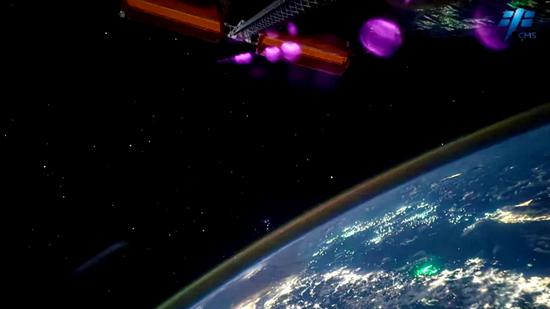


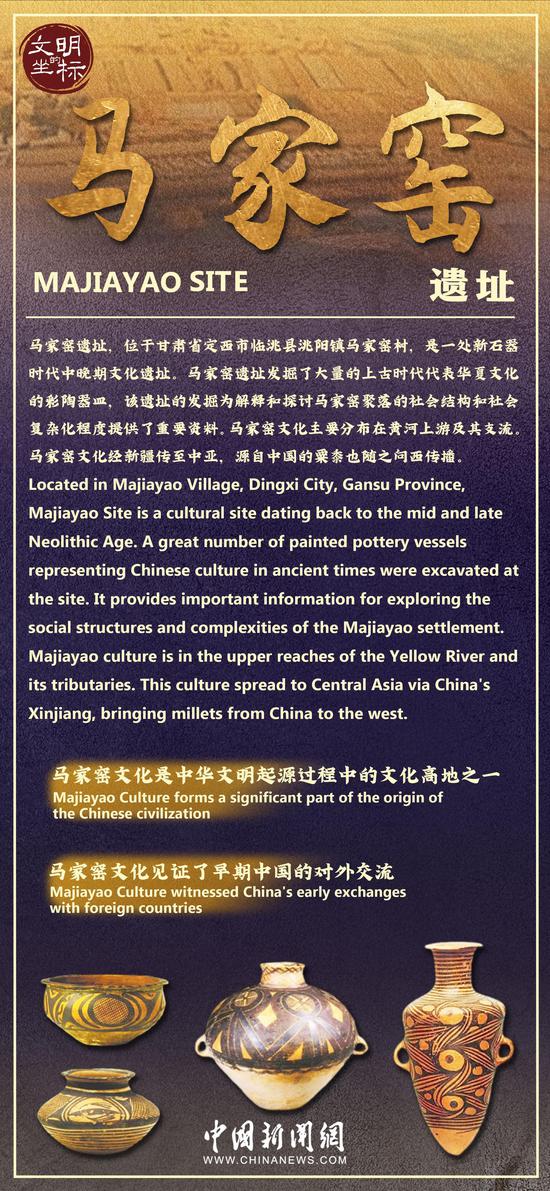
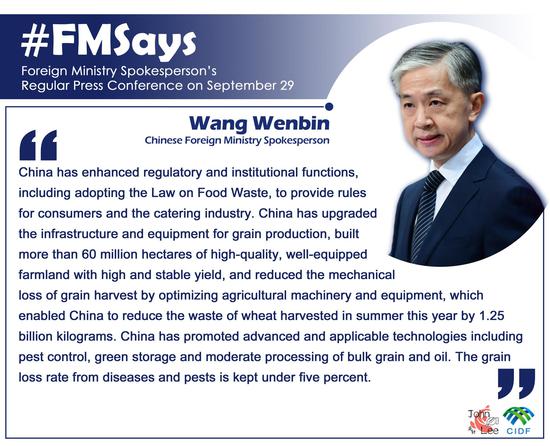
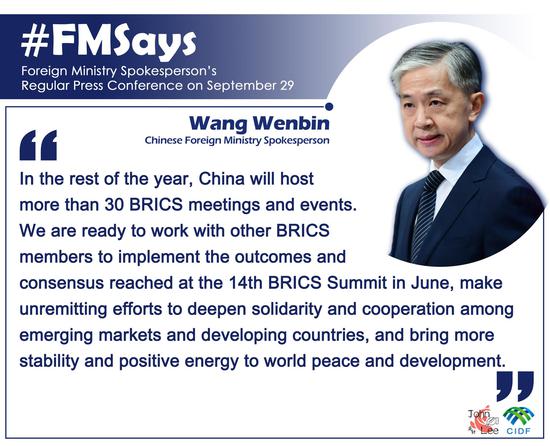

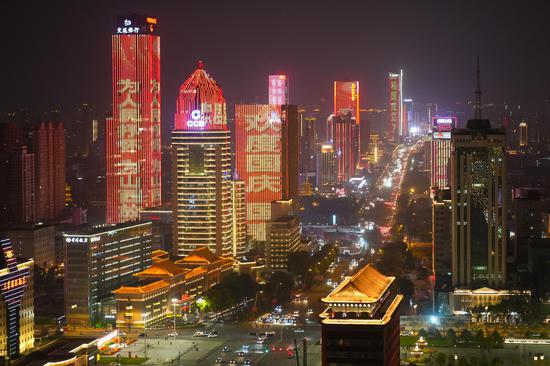
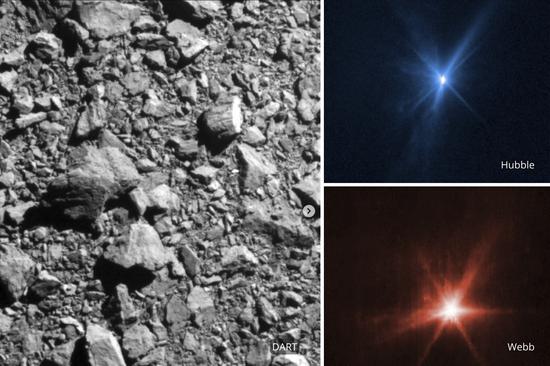


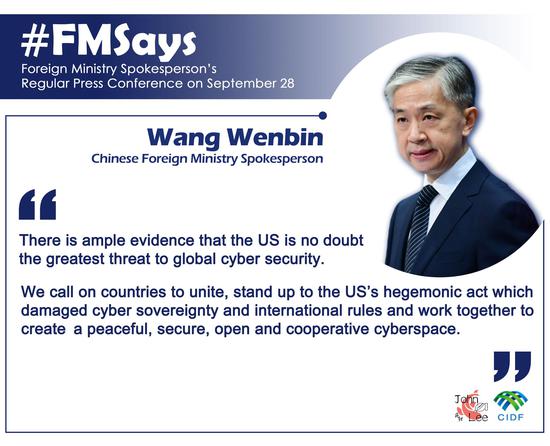
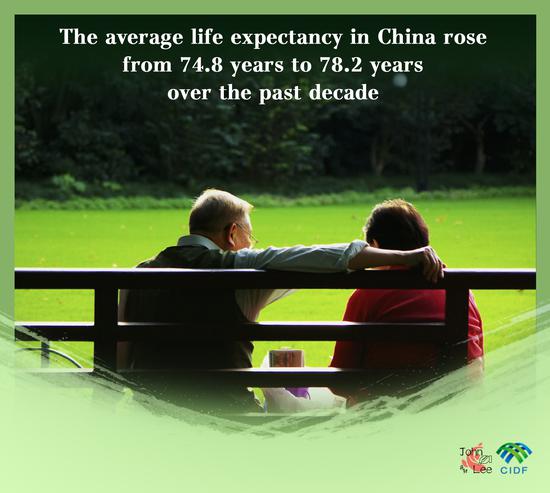
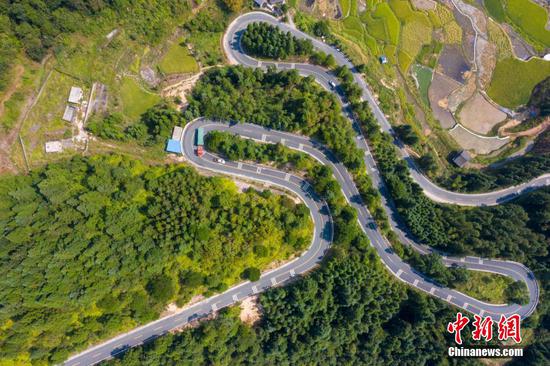

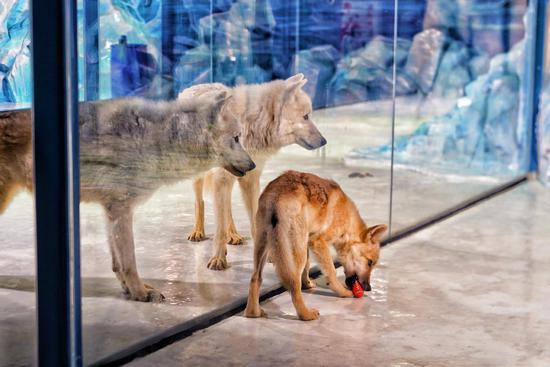



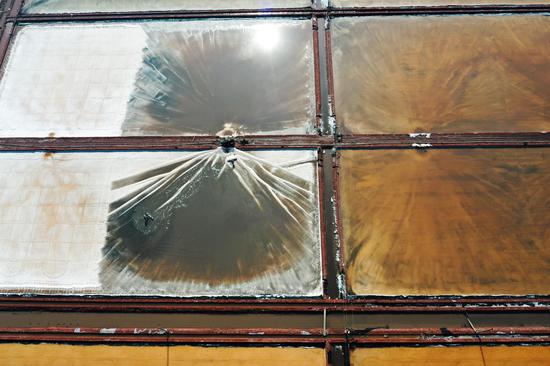


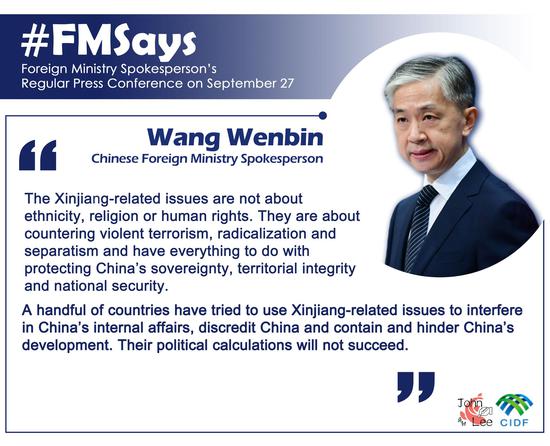





 京公网安备 11010202009201号
京公网安备 11010202009201号